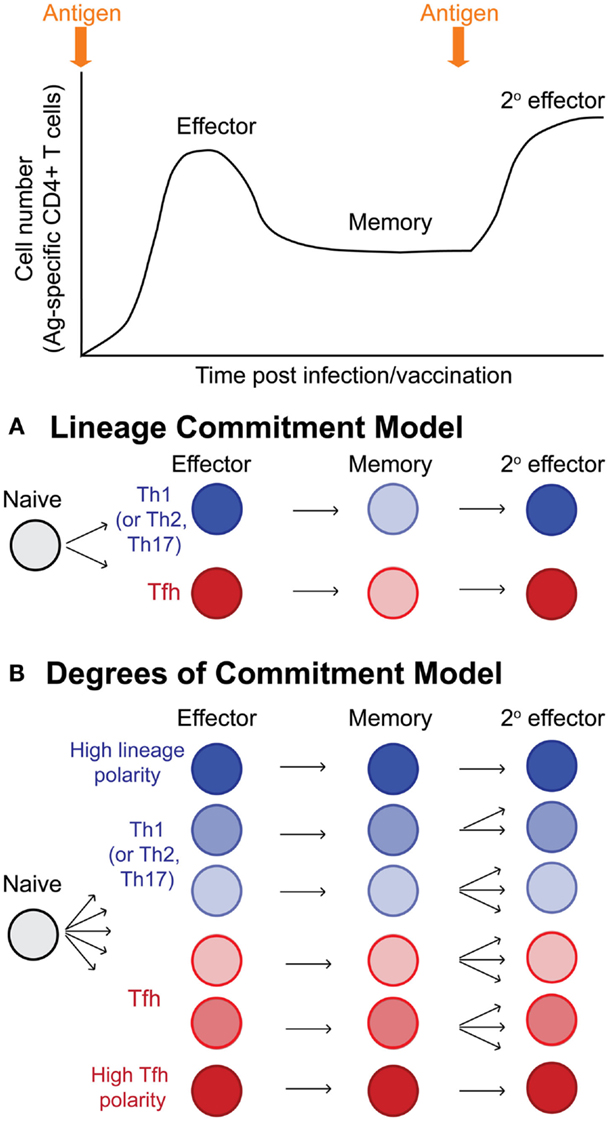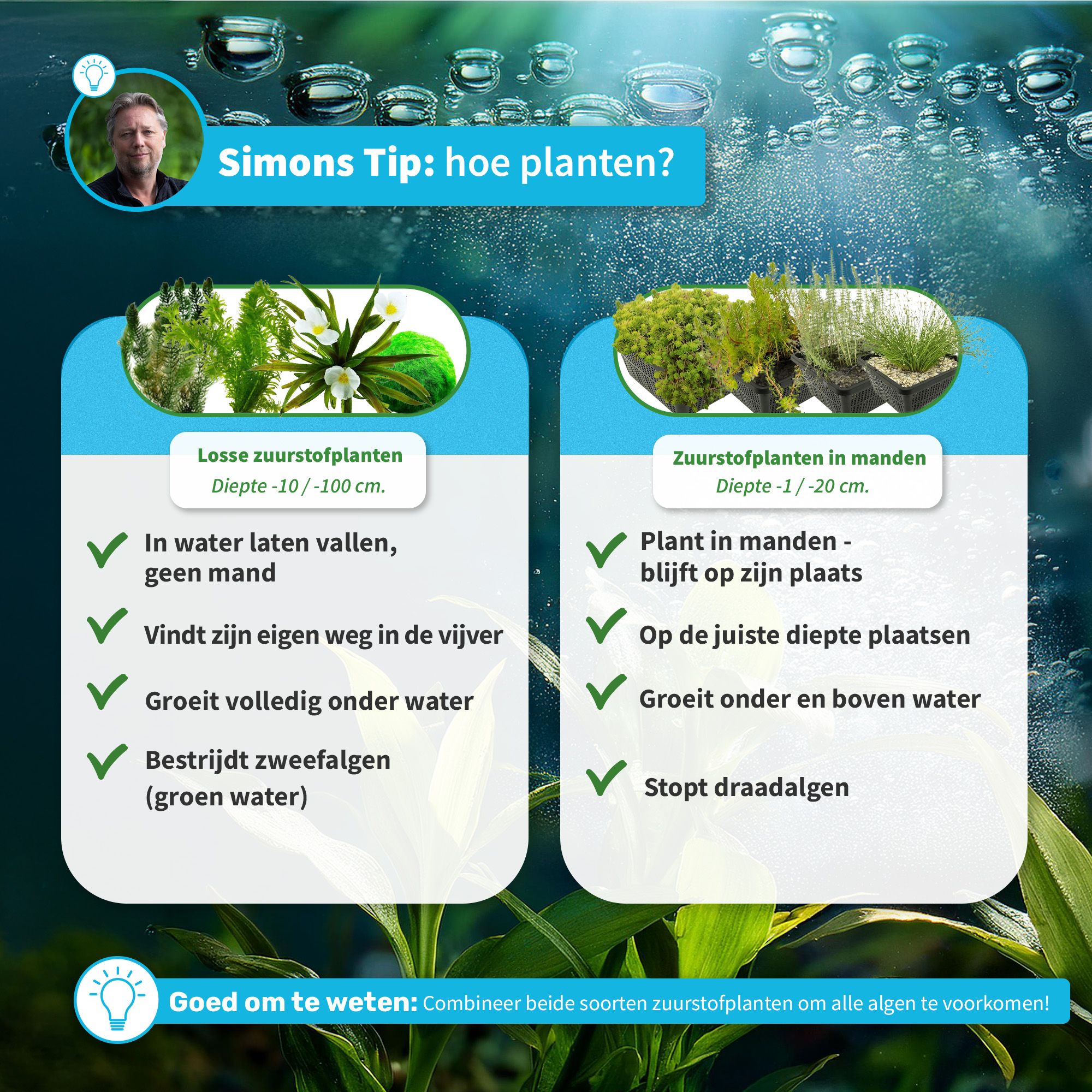Consumer Science: Understanding the Study of Consumer Behavior and Decision-Making
What’s consumer science?
Consumer science is an interdisciplinary field that study the relationships between consumers and the products and services they purchase. It examines how people make decisions about what to buy, how to use products, and what factors influence their consumption patterns. This field combine elements of psychology, economics, sociology, anthropology, and marketing to provide a comprehensive understanding of consumer behavior.
At its core, consumer science seek to answer fundamental questions: why do people buy certain products? How do they evaluate options? What influence their satisfaction with purchases? These insights help businesses develop better products and marketing strategies while besides inform public policy and consumer protection efforts.
The evolution of consumer science
Consumer science emerge as a distinct field in the early 20th century. Initially know as home economics, it focuses principally on household management and the efficient use of resources. As consumer markets expand and become more complex, the discipline evolve to encompass broader aspects of consumer behavior andecision-makingng.
The modern conception of consumer science take shape in the post World War ii era when rise disposable incomes and mass production create unprecedented consumer choice. Researchers begin study how people navigate these choices, lead to theoretical frameworks that continue to influence the field today.
From home economics to consumer science
The transition from home economics to consumer science reflect significant changes in society and the marketplace. While home economics concentrate on practical skills for household management, consumer science expand to include sophisticated analysis of market dynamics and consumer psychology.
This evolution parallel changes in consumer culture, with the field adapt to address new challenges like digital commerce, sustainability concerns, and global market integration. Today’s consumer scientists tackle complex issues that their predecessors could scarcely have imagined.
Key components of consumer science
Consumer behavior analysis
Understand why consumers make specific choices form the foundation of consumer science. This analysis examine both rational and emotional factors in decision-making, include:
- Cognitive processes that guide product evaluation
- Emotional responses to marketing messages
- Social influences on purchase decisions
- Cultural factors that shape consumption patterns
- Situational variables that affect buy behavior
Consumer behavior analysis draw intemperately from psychology, especially cognitive and social psychology. It recognizes that purchase decisions oftentimes involve complex mental processes kinda than simple cost benefit calculations.
Product development and testing
Consumer scientists oftentimes contribute to product development by research consumer needs and preferences. This process typically involves:
- Identify unmet consumer needs through market research
- Test product prototypes with representative consumers
- Analyze user experience and satisfaction
- Recommend improvements base on consumer feedback
- Evaluate product performance in real world settings
This applied aspect of consumer science help create products that advantageously serve consumer needs while reduce the risk of market failures. Companies progressively recognize the value of incorporate consumer insights other in the development process.
Consumer economics
The economic dimension of consumer science examine how financial factors influence purchasing decisions. This includes study:
- Price sensitivity and willingness to pay
- Income effects on consumption patterns
- Cost benefit analysis in consumer decision make
- Financial literacy and its impact on consumer choices
- Economic trends affect consumer markets
Consumer economics provide valuable insights for pricing strategies, market segmentation, and understand how economic conditions affect consumer behavior. This knowledge help businesses navigate change economic landscapes.
Consumer protection and policy
Consumer science likewise addresses the ethical and regulatory aspects of the marketplace. This component focus on:

Source: stsocialmedia.com
- Identify unfair or deceptive business practices
- Develop consumer protection regulations
- Educate consumers about their rights
- Analyze the effectiveness of consumer policies
- Advocate for vulnerable consumer groups
This aspect of consumer science serve the public interest in promote fair markets and protect consumers from harm. Consumer scientists oftentimes work with government agencies and advocacy organizations to develop effective policies.
Research methods in consumer science
Consumer science employ diverse research methodologies to understand complex consumer behaviors. These methods range from quantitative approaches that measure specific variables to qualitative techniques that explore underlying motivations.
Quantitative research
Quantitative methods in consumer science include:
- Surveys and questionnaires measure consumer attitudes and preferences
- Experimental designs test causal relationships
- Statistical analysis of purchase patterns
- Eye tracking and biometric measurements
- A / b testing of marketing materials or product features
These approaches provide numerical data that can be analyzed statistically, allow researchers to identify patterns and make predictions about consumer behavior on a large scale.
Qualitative research
Qualitative methods delve deeper into consumer motivations and experiences:
- In depth interviews explore consumer decision processes
- Focus groups discuss product experiences and preferences
- Ethnographic observation of shopping and consumption behaviors
- Diary studies track consumer activities over time
- Content analysis of consumer reviews and feedback
These approaches provide rich, contextual information that help explain why consumers behave as they do, oftentimes reveal insights that quantitative methods might miss.
Mixed methods approaches
Many consumer scientists combine quantitative and qualitative techniques to gain comprehensive insights. This integration allows researchers to both measure behaviors and understand their underlying causes, create a more complete picture of consumer dynamics.
Applications of consumer science
Business and marketing
Consumer science findings direct inform business strategy and marketing practices:
- Market segmentation base on consumer characteristics and preferences
- Product positioning and differentiation strategies
- Pricing decisions inform by willingness to pay research
- Marketing message development and testing
- Customer experience optimization
Companies that efficaciously apply consumer science insights oftentimes gain competitive advantages through better alignment with consumer needs and more effective communication strategies.
Public policy and regulation
Government agencies and regulatory bodies use consumer science to:
- Develop effective product safety standards
- Design clear product labeling requirements
- Create consumer education programs
- Evaluate the impact of consumer protection measures
- Address marketplace inequities affect vulnerable populations
These applications help ensure markets function moderately and consumers have access to the information they need to make informed decisions.
Education and consumer literacy
Consumer science inform educational efforts aim at improve consumer decision-making:
- Financial literacy programs teach effective money management
- Media literacy training help consumers evaluate marketing claims
- Nutrition education promote healthier food choices
- Sustainability education encourage environmentally responsible consumption
- Technology literacy support inform digital purchasing
These educational applications empower consumers to make choices align with their values and interests while navigate progressively complex marketplaces.
Current trends in consumer science
Digital consumer behavior
The digital transformation has created new research areas in consumer science:
- Online shopping behavior and decision processes
- Social media influence on consumer preferences
- Mobile commerce and app base purchasing
- Virtual and augmented reality in consumer experiences
- Algorithmic recommendation systems and their effects
Understand digital consumer behavior require new research methods and theoretical frameworks that account for the unique aspects of online environments.
Sustainable consumption
Environmental concerns have prompt increase attention to sustainable consumption:
- Consumer attitudes toward eco-friendly products
- Barriers to sustainable purchasing behaviors
- Effectiveness of sustainability certifications and labels
- Circular economy concepts in consumer markets
- Reduce consumption impacts through behavior change
This grows research area explore how consumer choices affect environmental outcomes and how to promote more sustainable consumption patterns.
Personalization and privacy
The tension between personalized experiences and privacy concerns represent another frontier in consumer science:
- Consumer attitudes toward data collection and use
- Effectiveness of personalized marketing approaches
- Privacy preserve personalization techniques
- Consumer understanding of privacy policies and practices
- Cultural differences in privacy expectations
This research help balance the benefits of personalization with respect for consumer privacy rights in a pprogressive datadrive marketplace.
Career opportunities in consumer science
Consumer science training prepare professionals for diverse career paths:
Market research and consumer insights
Professionals in this area design and conduct research to understand consumer preferences and behaviors. They typically work for market research firms, consult companies, or within corporate research departments. Their findings guide product development and marketing strategies.
Product development and management
Consumer scientists in product roles apply their understanding of consumer needs to create and improve products and services. They oftentimes work intimately with design, engineering, and marketing teams to ensure products meet consumer expectations.
Consumer affairs and advocacy
These professionals focus on consumer protection and education. They may work for government agencies, nonprofit organizations, or within corporate consumer affairs departments address customer concerns and promote fair business practices.
Academic and research positions
Consumer scientists in academia conduct research that advance the field’s theoretical foundations while teach the next generation of professionals. Their work oftentimes influence both business practices and public policy.
The future of consumer science
Consumer science continue to evolve in response to change markets and technologies. Several developments are likely to shape its future:

Source: concentrix.com
- Integration of artificial intelligence and machine learning in consumer research
- Grow emphasis on cross-cultural and global consumer behavior
- Increase focus on ethical consumption and corporate responsibility
- Development of new methodologies for study digital consumer experiences
- Exploration of emerge technologies’ effects on consumer behavior
As markets become more complex and consumer expectations evolve, consumer science will remain essential for understand how people will navigate their roles as consumers in a will change world.
Conclusion
Consumer science offer valuable insights into the complex relationships between people and the products and services they use. By combine perspectives from multiple disciplines, it provides a comprehensive understanding of consumer behavior that benefit businesses, policymakers, and consumers themselves.
Whether help companies develop better products, inform effective consumer protection policies, or educate consumers to make more informed choices, consumer science play a vital role in modern economies. As markets will continue to will evolve, the field’s interdisciplinary approach will remain essential for understanditheythe will change nature of consumption.
For those interested in understand human behavior in marketplace contexts, consumer science offer rich opportunities for research, application, and impact. Its blend of theoretical depth and practical relevance make it a dynamic field with continue importance in our consumer orient society.
MORE FROM grabscholarships.de













